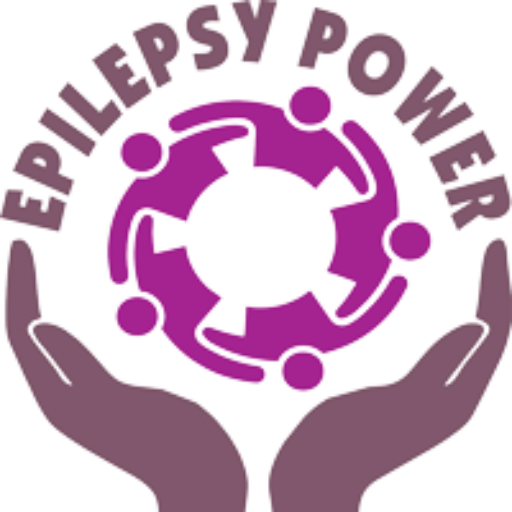- Introduction
- Section 1: What do you want?
- Section 2: Assessing the medical condition realistically
- Section 3: Laws, counselling and support.
- Concluding remarks
- Quiz
When you know what you want, and only then – should you look at the limitations associated with your epilepsy and see how you can balance employment goals with the status of your health. There are three things to bear in mind:
- Can epilepsy endanger your own well-being?
- Can epilepsy endanger other people?
- Will your expected work performance be affected?
While reduced work performance due to a medical condition shouldn’t disqualify someone from a job, it is still an important consideration. In some countries, like Germany, applicants are required to report epilepsy, which can impact their work performance.
More important is first of all the consideration of the danger to oneself and others. There is a danger to oneself, for example, if there is a risk of coming into contact with harmful electrical voltages, infectious or toxic substances due to seizures. In addition, dangers are caused by unprotected moving machine parts, the possibility of falling, working in confined spaces or working alone. Sometimes there are risks to others, for example, when the supervision of minors or people with mental or physical disabilities in social care or educational occupations is interrupted due to seizures. This can be avoided if another person can immediately take over supervision in the event of a seizure.
How does epilepsy affect you?
In the next step, it is essential that you systematically review both your diagnostic and experiential knowledge of your epilepsy for possible interferences in your professional life. There are hardly any professions that are generally unsuitable for people diagnosed with epilepsy. Epilepsy comes in many guises and a basic analysis of your personal professional limitations is the foundation for any further consideration. Here are a few helpful guiding questions:
- How high is your seizure risk? The longer a person with epilepsy has been seizure-free, the lower it usually is.
- How frequent are the seizures?
- What types of seizures occur? Epileptic seizures can be very different and have very different effects. Some are so unproblematic that you retain your right to drive.
- Do the seizures occur suddenly, or are there precursors (so-called prodromes or auras) that make it possible to take preventive action?
- Are seizures likely to occur during working hours, or do they always come out of sleep, for example?
- Do the medications have side effects, and if so, what are they?
- What occupational hazards are avoidable in a particular workplace?
Serious risks for yourself and others only occur during certain types of seizures. Namely, when in the context of seizures:
- Disturbances of consciousness
- Falling
- Disturbances in the voluntary motor skills occur.
- Prolonged periods of dullness in consciousness or inappropriate actions after a seizure.
If uncontrollable seizures exist, it is advisable to not take up certain occupations. Essentially, this concerns work with a risk of falling (roofers, chimney sweeps, etc.), working with open water and fire, working with high voltage current and unprotected machines, as well as work as a professional driver. The danger to third parties must in no case be given. In addition, it is important whether the required antiepileptic medication is tolerated without side effects.
Task: Connect your career aspirations with your epilepsy. What are the consequences?
Now that you have identified your career aspirations and have been provided with initial guidelines for evaluating your work-related limitations, it is your responsibility to reconcile these two aspects. There is no universal solution that we can provide, as the questions you need to consider about your epilepsy and resulting limitations are highly individual. Ultimately, your primary concern should be ensuring safety for yourself and others, with consideration for how your condition may impact your work performance coming second. Utilize the guiding questions from this section to align your conditions with the career goals outlined in the earlier section.
Navigating this process can be challenging. While it’s crucial to assess your situation realistically, don’t hastily dismiss job profiles due to initial challenges or uncertainties. Keep in mind that minor adjustments can significantly enhance workplace safety. Consulting services, as detailed in the following chapter, can offer valuable insights into potential precautions or accommodations to create epilepsy-friendly environments. Therefore, explore every viable option that you believe could offer a resolution.
